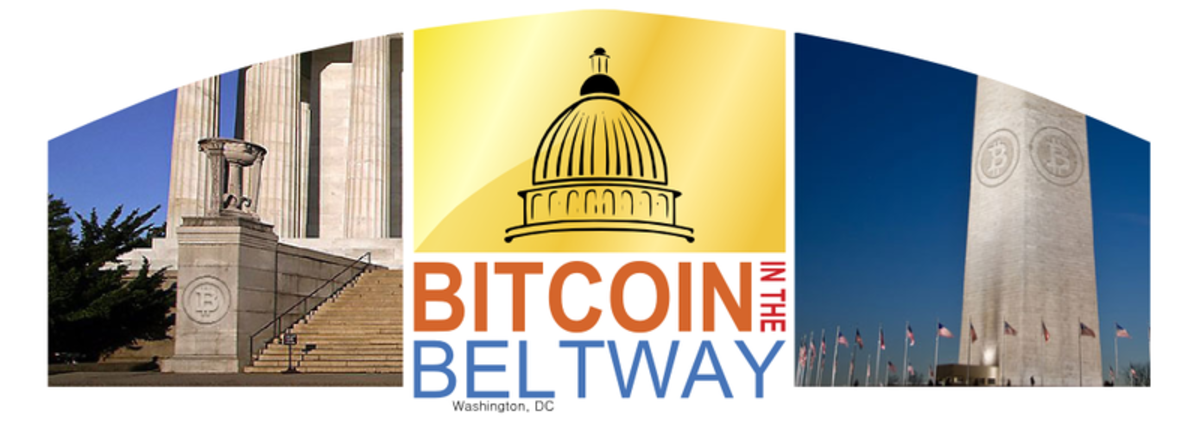
Washington DC is practically a mythological place for many Bitcoiners. As the headquarters of the US federal government, the conspiracy theorists among us tend to view it as the center of a nebulous and all-powerful entity. While it may be the headquarters of the Federal Reserve, it’s easy to forget that the Beltway is a very real place for millions of people, and they have a lot of stories to share for all attending the upcoming Bitcoin in the Beltway conference.
The District of Columbia is actually a very tiny municipality, and relatively few people live there. A substantial portion of those who do live well-below the poverty, while contractors and higher government workers tend to commute. While there are some very nice neighborhoods nearby in Virginia and Maryland, many commute from far away, and this has made traffic a problem.
The Beltway was intended to solve this problem, and consists of a circular highway with the District at its center. It connects all of the various suburbs–many of which are as densely urban as the District itself–and allows those traveling through the Eastern Seaboard to avoid DC altogether. Its circumference contains not only the White House and Congress, but the Pentagon, most of its satellite offices, the National Cemetery, and more.
Many people who say they’re “from DC” mean that they grew up in the Beltway, and are too lazy to explain the colloquialism. It roughly defines the border of what we consider to be the American capital. What will likely surprise Bitcoiners the most is just how normal everything seems: for many foreigners the Pentagon is an absolute symbol oppression, but for locals it’s just another landmark. They probably talk and care about September 11th far less than you, and feel that this is just how life is.
You might think that such complacency would be bad for Bitcoin’s chances, but nothing could be further from the truth. There is no real mastermind behind all of this: we are all trapped in a system, and that system is broken. Most people in power arrive there by having friends in the right places, and our higher government officials are sometimes frightfully unintelligent. Anything requiring real competence is done by private contractors, few of whom are actually “patriots”–just professionals.
For a while, this system was tolerable by economic necessity: while the rest of the country was suffering from the government’s economic mismanagement, the Beltway’s economy was fueled by the inflated salaries of contractors. Now that the United States is downsizing its budget, however, the influx of tax dollars has largely stopped. Most contractors are now unemployed, leaving nobody to patronize the various high-end restaurants and stores–bad news for the average wage.
The Beltway is catching on, with with distrust for local and federal governments growing alongside economic discontent. Until now, they just didn’t realize alternatives like Bitcoin existed. Your average government contractor only tolerates government officials for the money, and the money is running out. Regular government workers are hardly getting paid, as it is, and the working class had no love for the banking system, to begin with. The people want real change, and if the Bitcoin in the Beltway conference goes well, they’ll find it in crypto.
The author of this article was born in Washington DC and grew up in the Beltway, where his parents worked for the government and classified contracting companies. He is not directly involved with the Bitcoin in the Beltway conference, although he does recommend you check it out at http://www.bitcoinbeltway.com/










